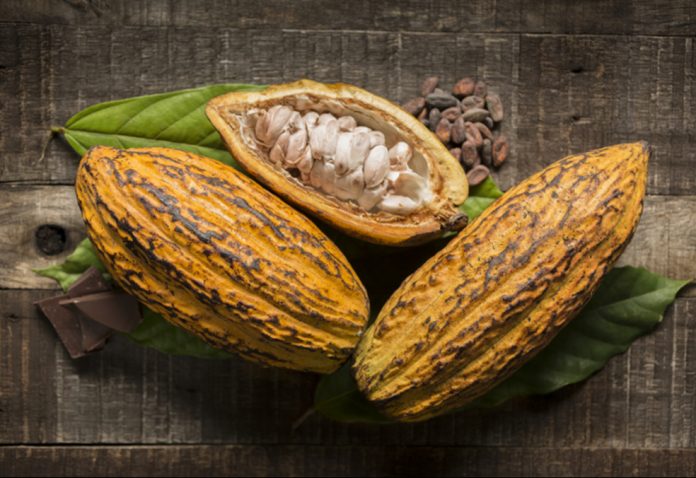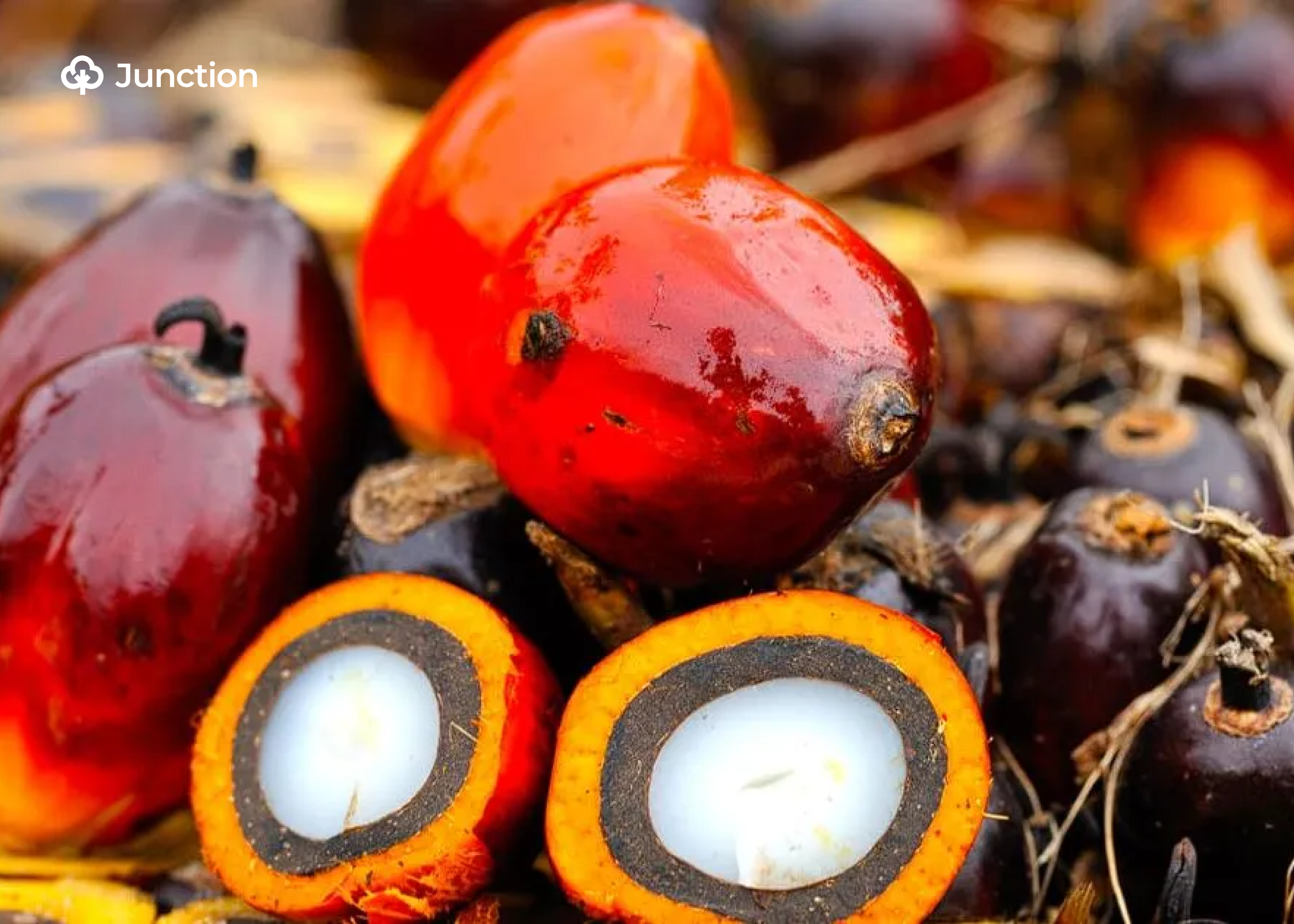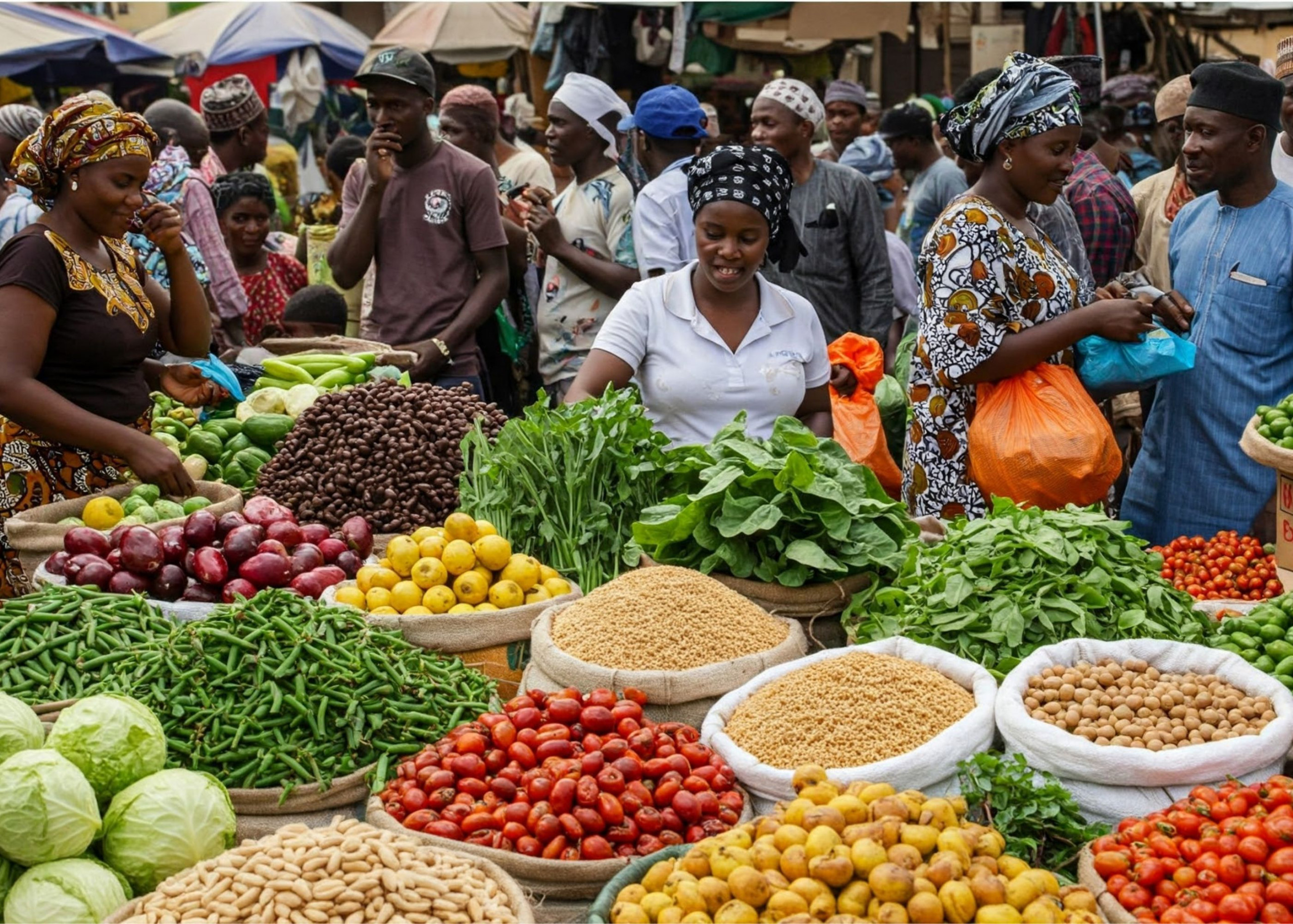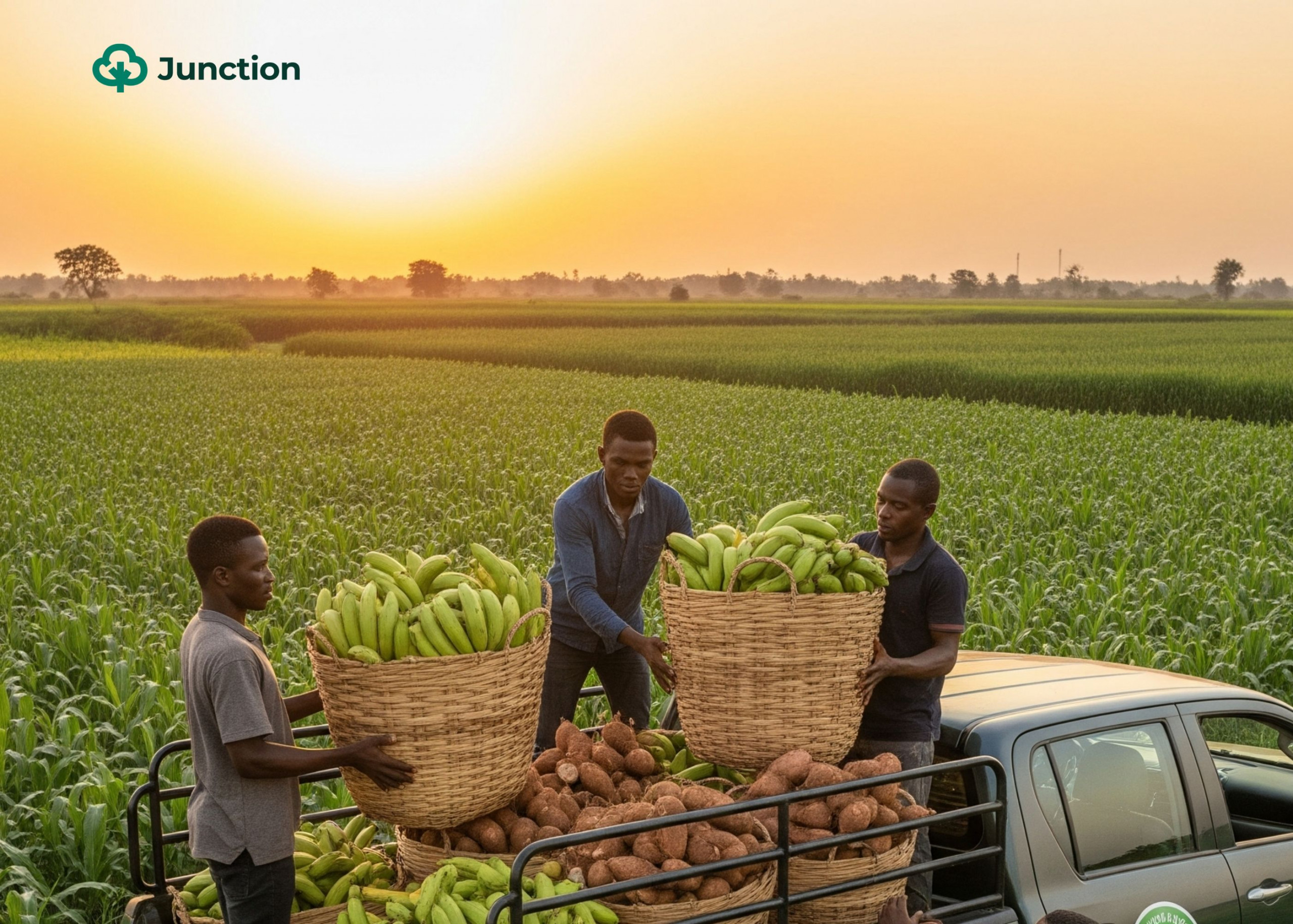Nigeria is among the top beneficiaries of the ongoing trade rift between the European Union (EU) and the Russian Federation, seeing a sharp increase in agrifood exports to the bloc.
According to a recent agrifood report by the EU Commission, Nigeria’s shipments to the region rose significantly between 2022 and 2024.
The country exported agricultural goods worth €560 million to the EU in 2022, the year Russia launched its invasion of Ukraine. By 2023, as EU sanctions on Russia began to take effect, Nigerian exports rose to €735 million.
Last year, that figure surged to €1.682 billion — a remarkable 126% year-on-year growth.
The boom has been driven largely by the global spike in cocoa prices, from which Nigerian producers have benefitted. Cocoa beans remain Nigeria’s top agrifood export to Europe, followed by other raw commodities such as sesame seeds and ginger.
However, experts warn that while these figures appear promising, Nigeria is missing out on billions in potential earnings by continuing to export primarily raw, unprocessed goods. The lack of value addition, such as turning cocoa into chocolate or cassava into starch or ethanol, means most of the wealth generated from these commodities is captured overseas, where they are processed and re-exported at much higher prices.
“The real value is in processing,” says agribusiness analyst Ifeanyi Okechukwu. “When you ship out raw cocoa, you may make $3,000 per ton. But if you process that into chocolate or cocoa butter, you’re talking about earning four to five times more. Nigeria is essentially exporting jobs and wealth to Europe.”
The country’s underdeveloped agro-processing sector is plagued by poor infrastructure, inconsistent power supply, and weak access to financing — challenges that discourage investment in local transformation industries.
In addition, the surge in raw exports may have unintended consequences for Nigeria’s local economy. Increased demand from international buyers can drive up local prices, making food less affordable for domestic consumers. It can also strain supply chains and shift focus away from domestic processing and consumption needs.
Despite the increase in EU-bound exports, Nigeria still trails behind key players in the region. In 2024, it accounted for a smaller share of the EU’s agrifood imports than Brazil (10%), the United Kingdom (9%), and even neighbouring Côte d’Ivoire (4%), which has made significant progress in local cocoa processing.
Meanwhile, Russia’s agrifood exports to the EU plummeted by 46%, leading the list of countries losing market share. Other notable declines came from Australia (-28%), Guatemala (-19%), and Canada (-11%).
Nigeria’s gains offer a temporary boost to export revenues, but without a deliberate strategy to develop its value chains, the country risks remaining a low-value supplier in the global market.



